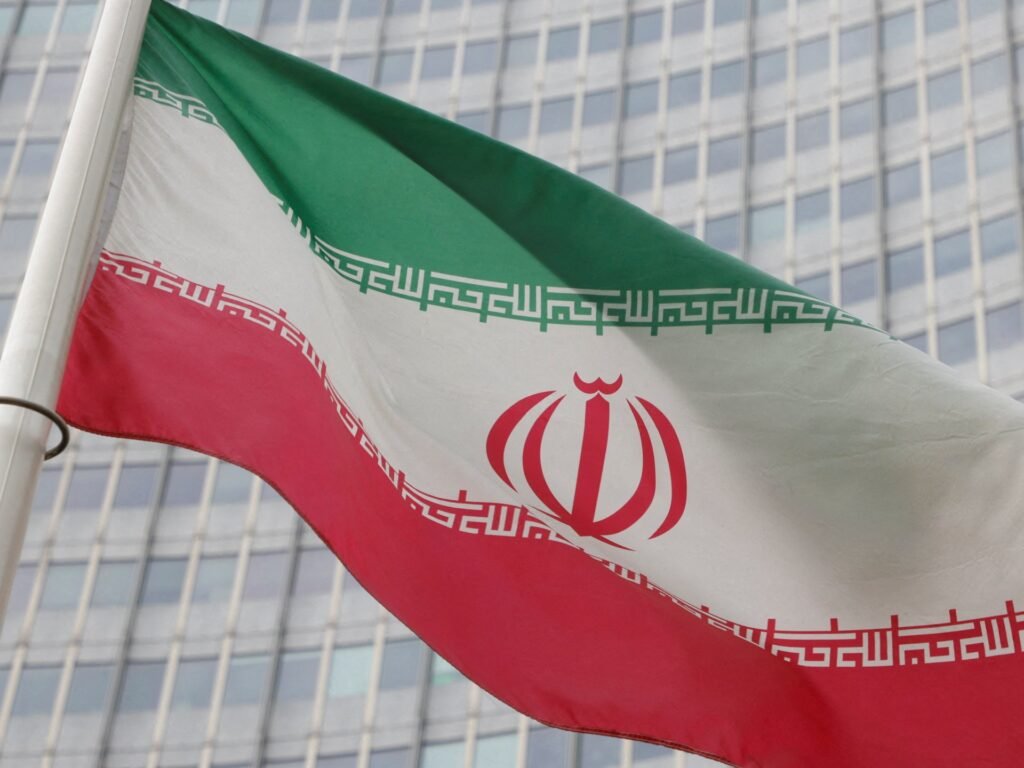Iran’s Intelligence Minister Khatib claims Tehran possesses ‘thousands of documents’.
Iranian Intelligence Minister Esmail Khatib announced that sensitive documents from Israel concerning its nuclear facilities, relations with the US, Europe, and other nations, as well as its defense strategies, will soon be disclosed.
During an interview with state television on Sunday, Khatib described the documents acquired by Tehran as a “valuable treasure” that could enhance the country’s offensive capabilities, though he did not provide immediate evidence to support this claim.
The Israeli government, which has not disclosed details about its nuclear arsenal—believed to consist of significant nuclear weapons—remains the only Middle Eastern nation with such capabilities. They have yet to respond to the allegations surrounding the leaked documents.
Recently, there were reports of arrests involving Israelis suspected of spying for Iran amid ongoing conflicts in Gaza. However, the connection between these cases and a reported cyberattack on an Israeli nuclear research center last year remains unclear.
Khatib explained, “The transfer of this valuable cache took considerable time and required careful security protocols. Naturally, the methods of transfer will stay confidential, but the documents will be revealed soon.”
He further stated, “Describing it as thousands of documents is an understatement.”
According to state broadcaster IRIB, and citing sources, the magnitude of the materials and the necessity for secure transportation have required a period of confidentiality, with the documents now stored in “secure locations.”
Nuclear capabilities and negotiations
This latest revelation is part of a larger pattern of covert actions that Iran and Israel have engaged in over the years.
Tehran has accused Israel of killing its nuclear scientists, while Israel holds Iran responsible for backing armed factions in the region that threaten its interests.
Limited exchanges of strikes occurred in April 2024 after Iran responded to an Israeli bombing of its embassy in Damascus, Syria, although a full-scale war was averted. Recently, the US advised Israel to pause any plans to attack Iranian nuclear facilities due to ongoing negotiations between Washington and Tehran.
Heightened scrutiny on Iran’s nuclear program comes after a recent report by the United Nations nuclear watchdog indicated that Tehran had conducted undisclosed nuclear activities. The International Atomic Energy Agency’s Board of Governors is expected to reprimand Iran this week regarding its nuclear program.
Although Iran denies any intentions to develop nuclear weapons, it asserts that it aims to harness nuclear technology for peaceful, civilian purposes.
This issue is a major obstacle in the ongoing indirect talks between Iran and the US, which have taken place in Oman and Italy, aimed at reaching a nuclear agreement to settle a long-standing dispute over Iran’s nuclear goals.
Supreme Leader Ayatollah Ali Khamenei declared on Wednesday that the current US demand for Iran to abandon its uranium enrichment program is “completely contrary to our interests.”
He criticized US leaders, saying, “The rude and arrogant authorities in America continually insist that we should not pursue a nuclear program. Who are you to determine whether Iran should engage in enrichment?” without dismissing the ongoing negotiations.
Iran’s parliamentary speaker stated on Sunday that the most recent US proposal for a nuclear agreement does not encompass the lifting of sanctions, as reported by state media, indicating that talks may be at a standstill.

